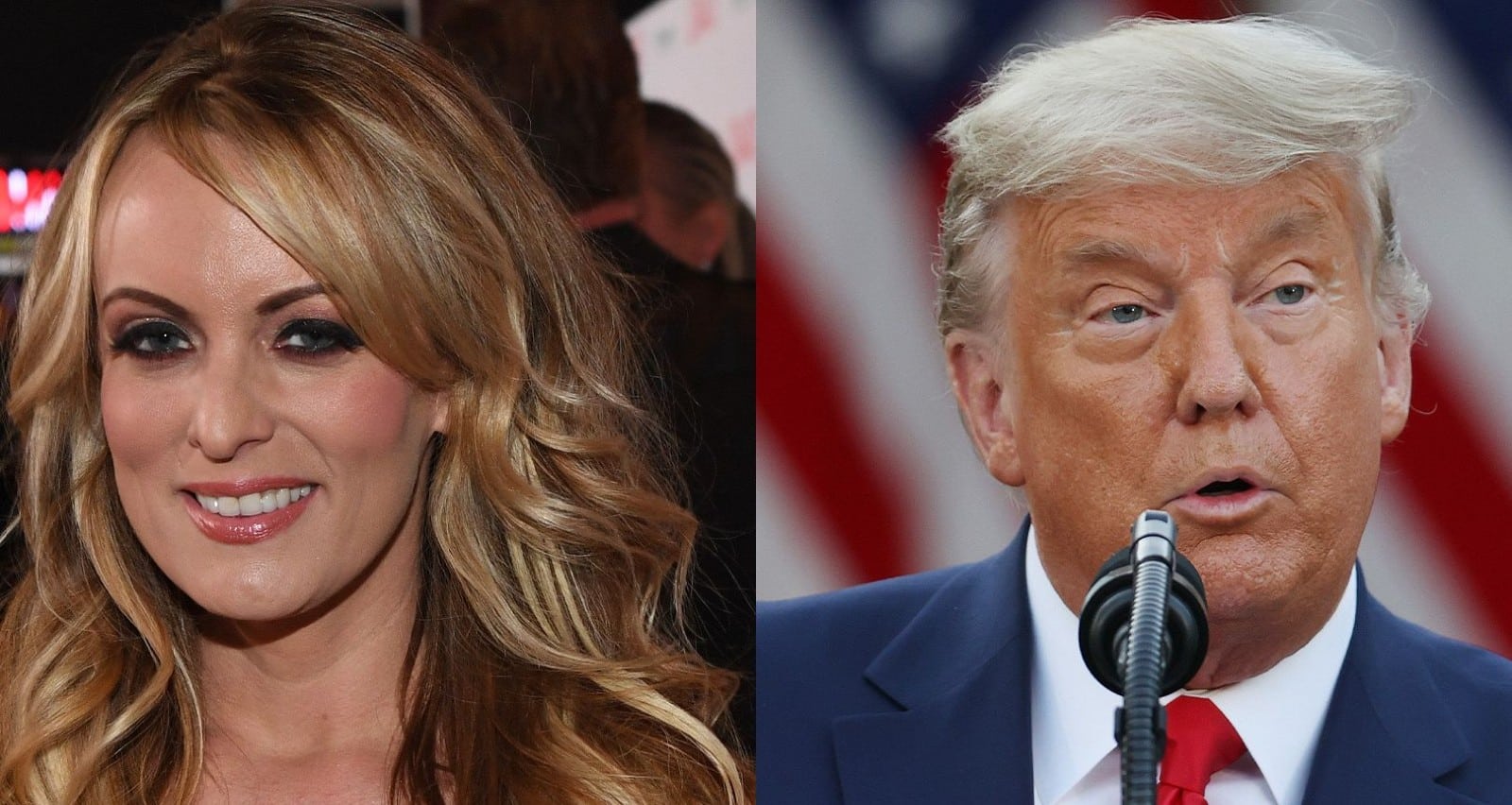OPINION: This article may contain commentary which reflects the author's opinion.
Manhattan Judge Juan Merchan, the presiding judge in former President Donald Trump’s hush money case, made his first crucial ruling in the case shortly after the historic proceedings began on Monday.
“Merchan start[ed] the trial off by denying Trump’s motion for recusal, telling the court that the former President’s arguments lack basis,” Newsweek reported.
“Trump has accused the judge of being biased against him and called on him to recuse himself from the case. The former president has also repeatedly attacked Merchan’s daughter over her political consulting work, which includes employment at a Democratic firm that worked with Joe Biden’s 2020 campaign,” the outlet noted further.
In April of last year, Bragg filed 34 first-degree charges against Trump for falsifying business records. The charges also related to purported hush-money payments made during the 2016 presidential campaign.
Bragg alleged that Trump “repeatedly and fraudulently falsified New York business records to conceal criminal conduct that hid damaging information from the voting public during the 2016 presidential election.”
“During the election, Trump and others employed a ‘catch and kill’ scheme to identify, purchase, and bury negative information about him and boost his electoral prospects,” Bragg alleged in the indictment last year. “TRUMP then went to great lengths to hide this conduct, causing dozens of false entries in business records to conceal criminal activity, including attempts to violate state and federal election laws.”
Fox News reported:
According to New York state law, a charge of falsifying business records in the first degree alleges that the defendant committed a crime of falsifying business records with the intent to defraud. The intent to defraud would be an intent to commit another crime.
In 2019, federal prosecutors in the Southern District of New York investigated the matter and opted not to charge Trump related to the alleged payments made to adult film actress Stormy Daniels and former Playboy model Karen McDougal.
The Federal Election Commission also tossed its investigation into the matter in 2021.
According to Bragg, Trump “orchestrated a ‘catch and kill’ scheme through a series of payments that he then concealed through months of false business entries” between August 2015 and December 2017.
Bragg also claimed that a former doorman at Trump Tower received $30,000 from American Media Inc., the parent company of the National Enquirer, for a story he claimed to have about a child Trump had not married into.
Additionally, the DA claimed that American Media Inc. gave a woman who claimed to have had a sexual relationship with Trump $150,000. Bragg was reportedly talking about McDougal.
Bragg is also claiming that Trump “explicitly directed a lawyer,” presumably a reference to former personal attorney Michael Cohen, to “reimburse” American Media Inc. with cash. He claimed that Cohen wired $130,000 to an attorney for an adult film actress “12 days before the presidential general election,” ostensibly referring to Daniels.
For breaking campaign finance laws connected to the payments, among other federal charges, Cohen entered a guilty plea in 2019 and received a three-year prison sentence. Cohen admitted to organizing the payments, but he insists that Trump gave the orders.
Bragg alleged that after the election, Trump reimbursed Cohen through a series of monthly checks “first from the Donald J. Trump Revocable Trust – created in New York to hold the Trump Organization’s assets during TRUMP’s presidency – and later from TRUMP’s bank account. In total, 11 checks were issued for a phony purpose.”
“Nine of those checks were signed by TRUMP,” Bragg charged. “Each check was processed by the Trump Organization and illegally disguised as a payment for legal services rendered pursuant to a non-existent retainer agreement.”
“In total, 34 false entries were made in New York business records to conceal the initial covert $130,000 payment. … Further, participants in the scheme took steps that mischaracterized, for tax purposes, the true nature of the reimbursements.”
